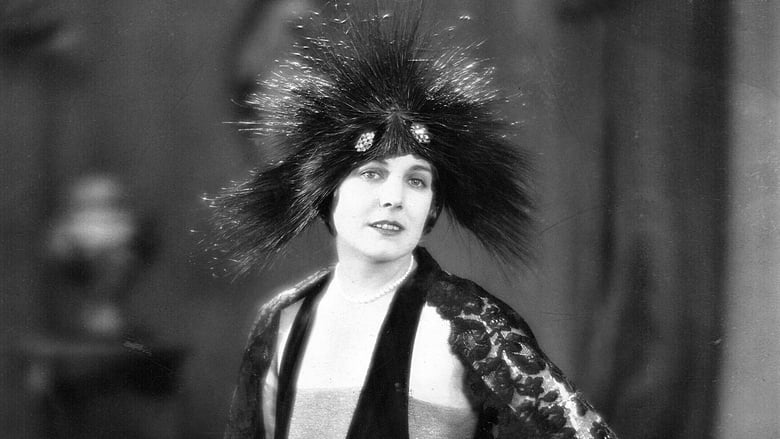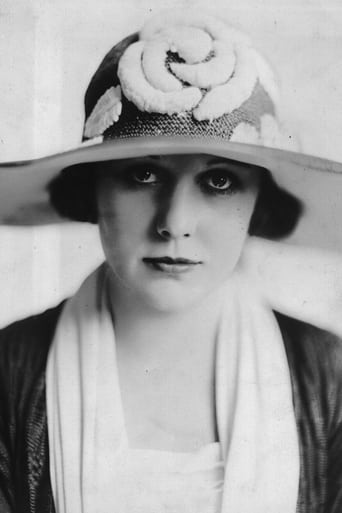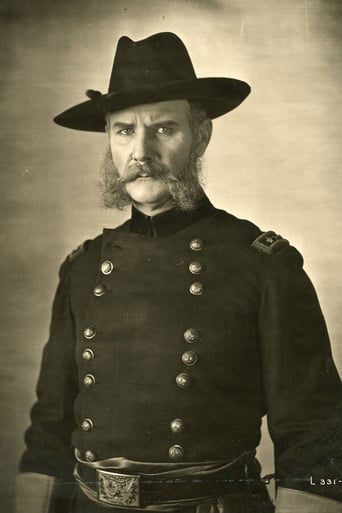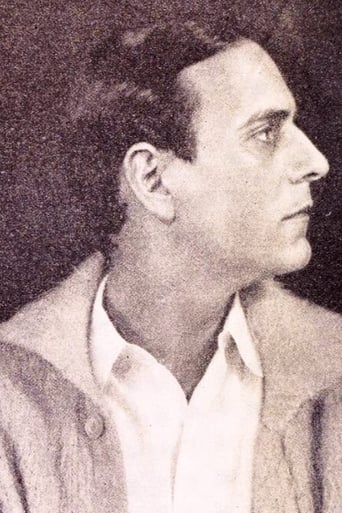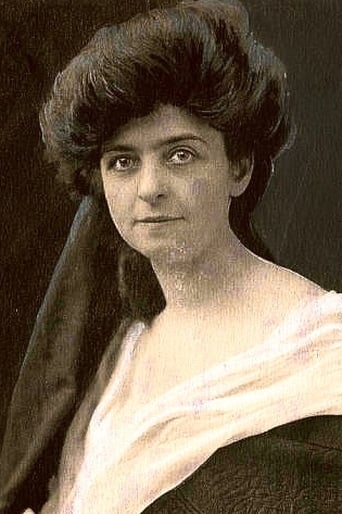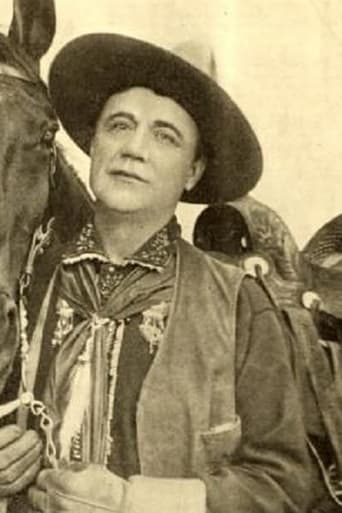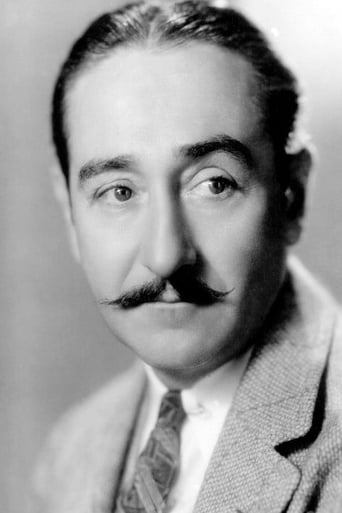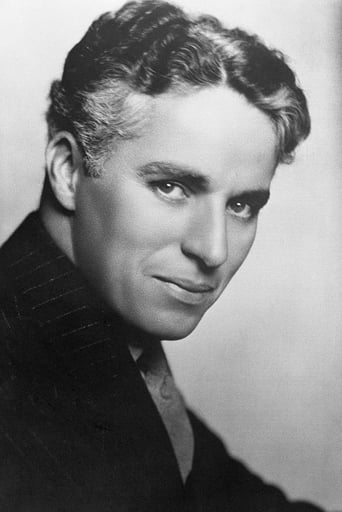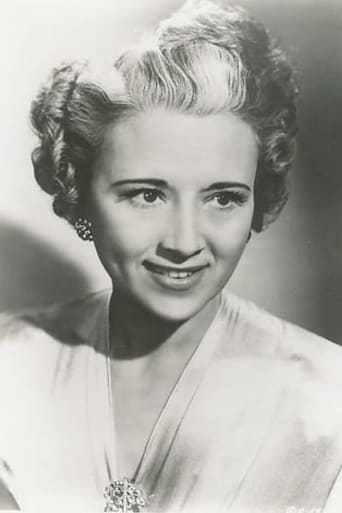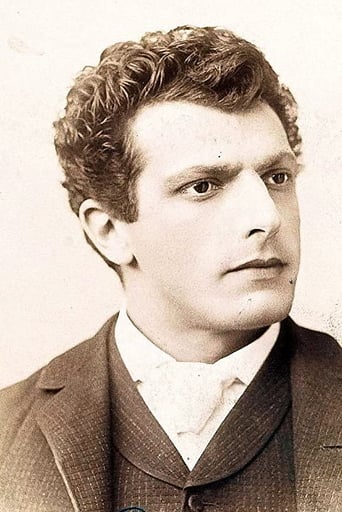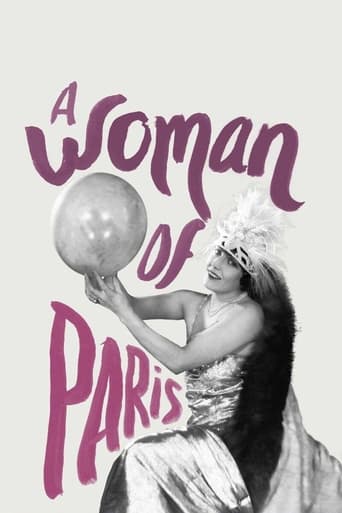
A Woman of Paris: A Drama of Fate
October. 01,1923 NRWhen Marie St. Clair believes she has been jilted by her artist fiance Jean, she decides to leave for Paris on her own. After spending a year in the city as a mistress of the wealthy Pierre Revel, she is reunited with Jean by chance. This leaves her with the choice between a glamorous life in Paris, and the true love she left behind.
Similar titles
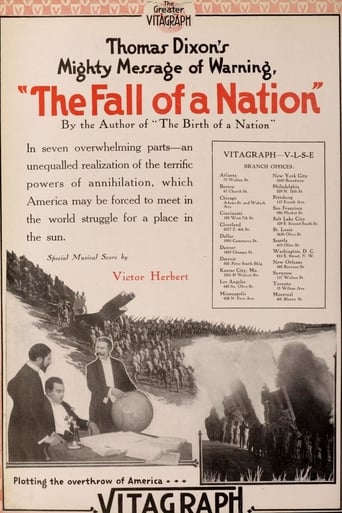




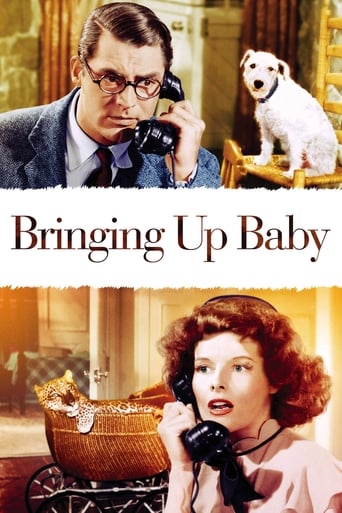

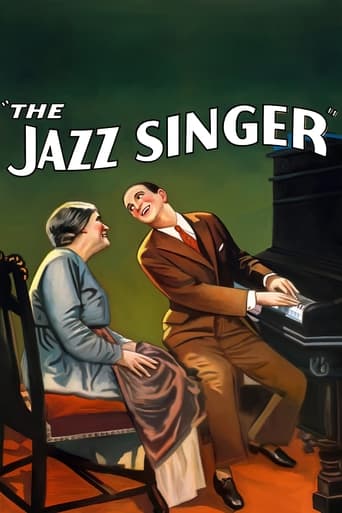
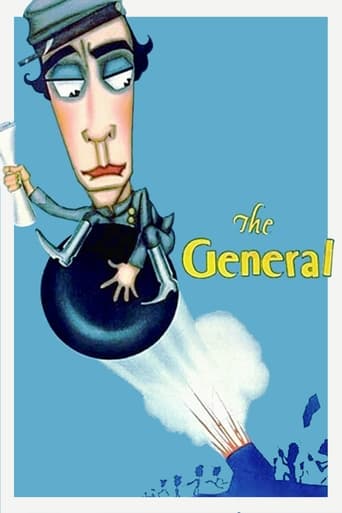

You May Also Like

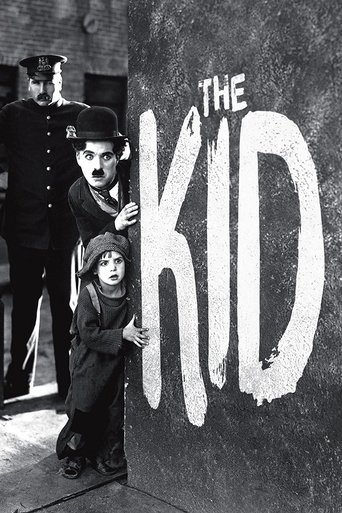

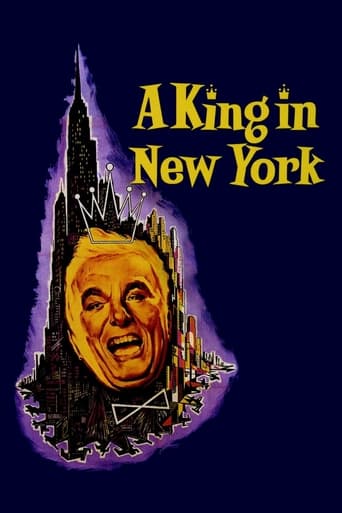
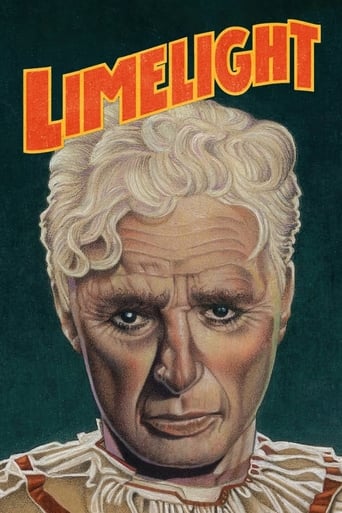
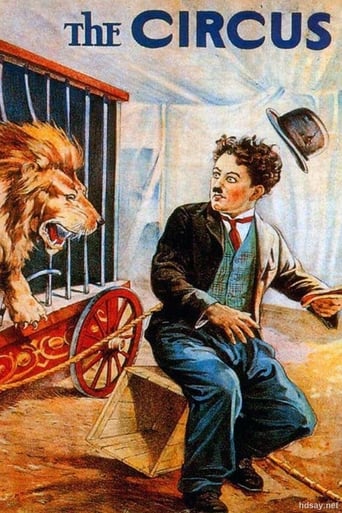
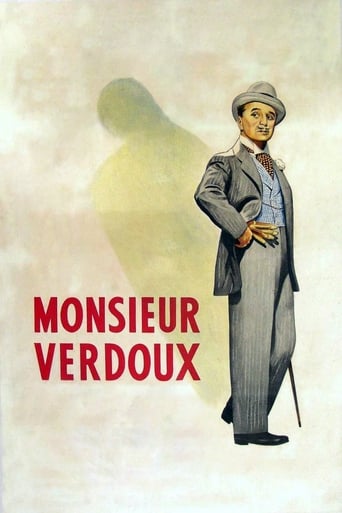
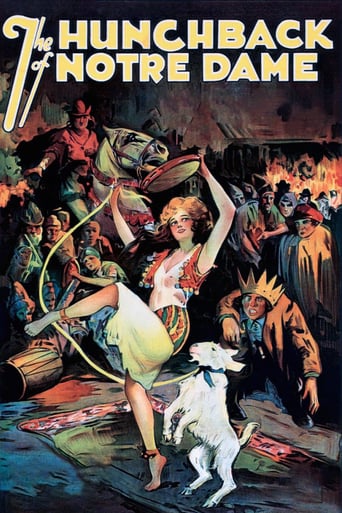
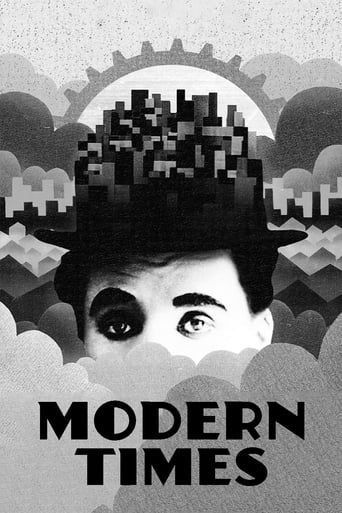

Reviews
Admirable film.
This is a coming of age storyline that you've seen in one form or another for decades. It takes a truly unique voice to make yet another one worth watching.
A terrific literary drama and character piece that shows how the process of creating art can be seen differently by those doing it and those looking at it from the outside.
A clunky actioner with a handful of cool moments.
A WOMAN OF PARIS (United Artists, 1923), subtitled "A Drama of Fate," happens to be written and directed by Charlie Chaplin. Chaplin, famed for his Little Tramp character in both silent shorts and features, assumes a difficult task of directing a serious drama and not starring in it. It's not the sort of movie anyone would expect from this comical genius. To assure his movie going public of what they are about to see, Chaplin presents this statement flashed in screen during the title credits: "In order to avoid any misunderstanding, I wish to announce that I do not appear in this picture. It is the first serious drama written and directed by myself." Signed Charlie Chaplin. Rather than appearing in it, Chaplin chose his most frequent co-star since 1915, Edna Purviance, as its title character. Other than Henry Bergman, another member of the Chaplin stock company, no character types from Chaplin's past comedies appear in this production.The opening prologue begins in "a small village - somewhere in France." Marie St. Clair (Edna Purviance), upstairs in her bedroom, is about to meet Jean Millet (Carl Miller), the man she loves, to discuss their marriage plans. Her father (Clarence Geldert - billed as her stepfather though the girl is addressed as her daughter in this photo-play) takes the key and locks her in. With the window being her only means of getting out, Marie climbs out and is escorted down by Jean, who happens to be awaiting her outside. Observed by her father, he enters her bedroom closing the window, going downstairs to bold the doors. Upon their return, Marie finds herself locked out with her father refusing to let her back in. Jean takes Marie to his home where she, too, is most unwelcome by Jean's father (Charles K. French). In spite of his understanding mother's (Lydia Knott) pleas, Jean takes Marie to the train station where she is to buy tickets to Paris. In the meantime, Jean returns home to pack his belongings, only to find his father dead seated on the sofa by the fireplace. Marie telephones Jean to find out what's delaying him. She is told they must postpone everything for now. Feeling neglected, Marie heads for Paris alone. A year passes. Marie, now a woman of Paris, is also mistress to Pierre Revel (Adolphe Menjou), the richest man bachelor in Paris described as a "gentleman of leisure whose whims have made and ruined many a woman's career." Marie is also best friends with the vivacious Fifi (Betty Morrissey) and Paulette (Malvinna Polo). Later, while heading for a party given by Fifi, Marie loses her way. She knocks on the door to ask for directions only to find the tenant to be Jean, now an accomplished artist living with his widowed mother. In spite of her engagement to marry Pierre, Marie wants nothing more than to be with Jean again, but Mother Millet will stop at nothing to keep her son from becoming involved with this now notorious woman of Paris again.Though reportedly a commercial flop upon its release, this stylish silent melodrama might have proved successful had it been directed by Ernst Lubitsch or Josef Von Sternberg and featuring such popular names as Gloria Swanson or Norma Talmadge in the leads. Unseen for many decades, A WOMAN OF PARIS, as composed and scored by Charlie Chaplin himself, began to surface again around the 1970s, first in revival movie houses (such as New York City's Regency Theater in the 1980s) before distribution to home video in 1989 (accompanied by Chaplin 1919 comedy short, SUNNYSIDE), and years later on DVD. Other than Chaplin's unrecognizable cameo as a train station porter (lasting only a few seconds), A WOMAN OF PARIS very much belongs to Edna Purviance. Though she never developed herself into a popular dramatic actress, but known only as Chaplin's frequent co-star, Purviance simply drifted to obscurity following this film's release. Her co-star, Carl Miller, is also forgotten, even among film historians. Yet, the only performer to have benefited from appearing in A WOMAN OF PARIS was said to be Adolphe Menjou, best known mostly for his accomplishments in sound movies during the 1930s, 40s and beyond. And lets not overlook Lydia Knott as Miller's mother, who gives a worthy performance as well. Regardless of its past reputation, A WOMAN OF PARIS, at 83 minutes, has gained the recognition it deserves. Even without Chaplin in the cast, it's often part of the Chaplin filmography, even with Chaplin tributes on cable television, most notably on Turner Classic Movies (TCM premiere: March 18, 2004). Not exactly Chaplin's greatest in regards to serious acting but his finest achievement, thus far, as an accomplished movie director. (***)
A Woman Of Paris was edited, written, produced, and directed by Chaplin for United Artists, the company he formed with then film giants Douglas Fairbanks, Mary Pickford, and screen pioneer D.W. Griffith. The film is historically notable for several other reasons as well. It marked the last collaboration between Chaplin and Edna Purviance, the first film Chaplin directed to not feature himself as the leading actor, and his first entirely dramatic feature film. Perhaps Chaplin already suspected this film was going to be a tough sell when he wrote the disclaimer at the beginning of this film, warning the audience that it was a drama and not a comedy. If he had access to the type of media coverage available to stars today, the audiences' expectations might have been tempered. The film was a tremendous flop at the box office and was banned in several cities due to the 1924 New Year's Day shooting scandal involving Edna Purviance. She stars as Marie St. Clair, a woman led by fate to the bright lights and hedonism of 1920's Paris where she meets the most eligible bachelor: Pierre Revel played by Adolphe Menjou. Menjou epitomizes what women despise in men: Cockiness and emotional bankruptcy. It's clear from the start that Revel will never marry Marie. While she is torn between Revel and her former love Jean, Marie is also torn between continuing to live well as a kept woman or marrying Jean who has become a moderately successful artist. While some plot elements are contrived and creaky, the film is celebrated as a stunning example of contemporary realism smashing old world stereotypes in Hollywood films. Chaplin made the film as a valentine to Edna Purviance and to hopefully boost her career as a dramatic actress, but the film's box office failure and another abandoned effort with her called The Seagull put that notion to rest. Purviance is fine but nothing special as Marie St. Clair, but Adolphe Menjou steals the film from her as the caddish Pierre. The film ended up making Menjou a steady lead actor within months of its release. The last five or six minutes of the film are especially poignant. Chaplin wisely eschewed punishing Marie St. Clair in favor of a visually metaphorical ending in which the newly rejuvenated Marie travels in the opposite direction from the befuddled Pierre. More than fifty years after its release, the film was re-edited and scored by Chaplin himself and has garnered a critical following that has greatly boosted the stock of the film. The cinematography and editing are especially first rate. Chaplin regular Henry Bergman appears as a head waiter in a fancy restaurant, and his secretary Nellie Bly Baker plays a masseuse. Chaplin himself has a very brief cameo at the train station. *** of 4 stars.
A Woman of Paris has all the makings of a film noir, but fails to deliver on this score, despite the tragic end met by one of the major characters. Chaplin, as writer/director/producer observes the action of this character at a distance (and the fact that he is enacted by a rather charmless Carl Miller further adds to an audience's lack of empathy).Despite Chaplin's Foreword insistence that his movie is not a comedy but a drama, it is actually for the most part an enjoyable comedy of manners, a field in which delightfully dapper Adolphe Menjou excelled, enabling him to easily snatch the picture from its nominal star, Edna Purviance. It seems Chaplin's camera cannot help but focus on Menjou. Chaplin's classy dialogue sub-titles also added a fillip, but Menjou's breezy, rich-as-they-come, luxuriantly self-indulgent take-it-it-leave-it manner would have ensured his success even without Chaplin's help.Chaplin actually conceived the film to launch Edna Purviance (who had starred with him in shorts like the 1919 Sunnyside) as a major star. This ploy was not successful. In my opinion, Miss Purviance lacked both the figure and the charisma that Hollywood stardom demanded. In the Chaplin shorts, she is little more than a foil for the tramp. In A Woman of Paris even newcomer Betty Morrissey and minor players like Malvina Polo, Henry Bergmam and Nelly Bly Baker steal scenes from her, to say nothing of Lydia Knott who compels attention as Jean's fussed mother.
The second film in my somewhat unusual Charles Chaplin double feature (after the delightfully black 'Monsieur Verdoux (1947)'), 'A Woman of Paris' is perhaps the silent comedy master's least mentioned film, perhaps partly due to it not actually being a comedy, or because Chaplin himself appears only in a very brief cameo role. His first and, I'll venture, his only strictly dramatic feature, the film traces the romantic dilemma of a young French woman living in Paris. It was Chaplin's first film with United Artists which he had founded in 1919 with Douglas Fairbanks, Mary Pickford and D.W. Griffith. Originally entitled 'Public Opinion' and then 'Destiny,' Chaplin considered a dozen more titles before he finally settled on a name.Marie St. Clair (Edna Purviance) and her romance Jean Millet (Clarence Geldart), an aspiring artist, residents of a small French village, have plans to move to Paris and get married. However, unfortunate circumstances delay their plans, and Marie impulsively boards the train without Jean. A year or so later, Marie has assimilated into the upper-class lifestyle of Paris, having become the mistress of a wealthy, cynical businessman, Pierre Revel (Adolphe Menjou). It is then that she and Jean suddenly meet again. Though there are undoubtedly still feelings between them, Marie must decide whether she can sacrifice all of Pierre's luxuries to pursue the man that she loves.Written, produced and directed by Chaplin, 'A Woman of Paris' is a tightly-paced drama/romance, employing a lot of dialogue (somewhat unusual for Chaplin, who usually relied on extended slapstick comedic set pieces to drive his silent films) and a three-way relationship that has since become commonplace in films of this sort. The film allowed Chaplin to extend his skills beyond the realm of the lovable little Tramp. Unfortunately, this seemingly was not what audiences wanted. Perhaps perceived as a harmful satire of the American way of life, 'A Woman of Paris' was banned in several US states on the grounds of immorality, and it was a commercial flop. Chaplin had conceived the film as a means of launching the individual acting career of Edna Purviance, though this bid was unsuccessful. It did, however, make an international star of Adolphe Menjou.Many critics, despite the poor box office performance, praised the film's startling realism. Notably, director Michael Powell ('Black Narcissus,' 'Peeping Tom') cited 'A Woman of Paris' as his greatest inspiration to become a filmmaker. In 1976, a frail Charles Chaplin just one year before his death reissued the edited film with a new musical score he had composed, aided by music arranger Eric James. A criminally underrated silent classic, 'A Woman of Paris' is yet another testament to Chaplin's undeniable cinematic genius.
Top Streaming Movies











